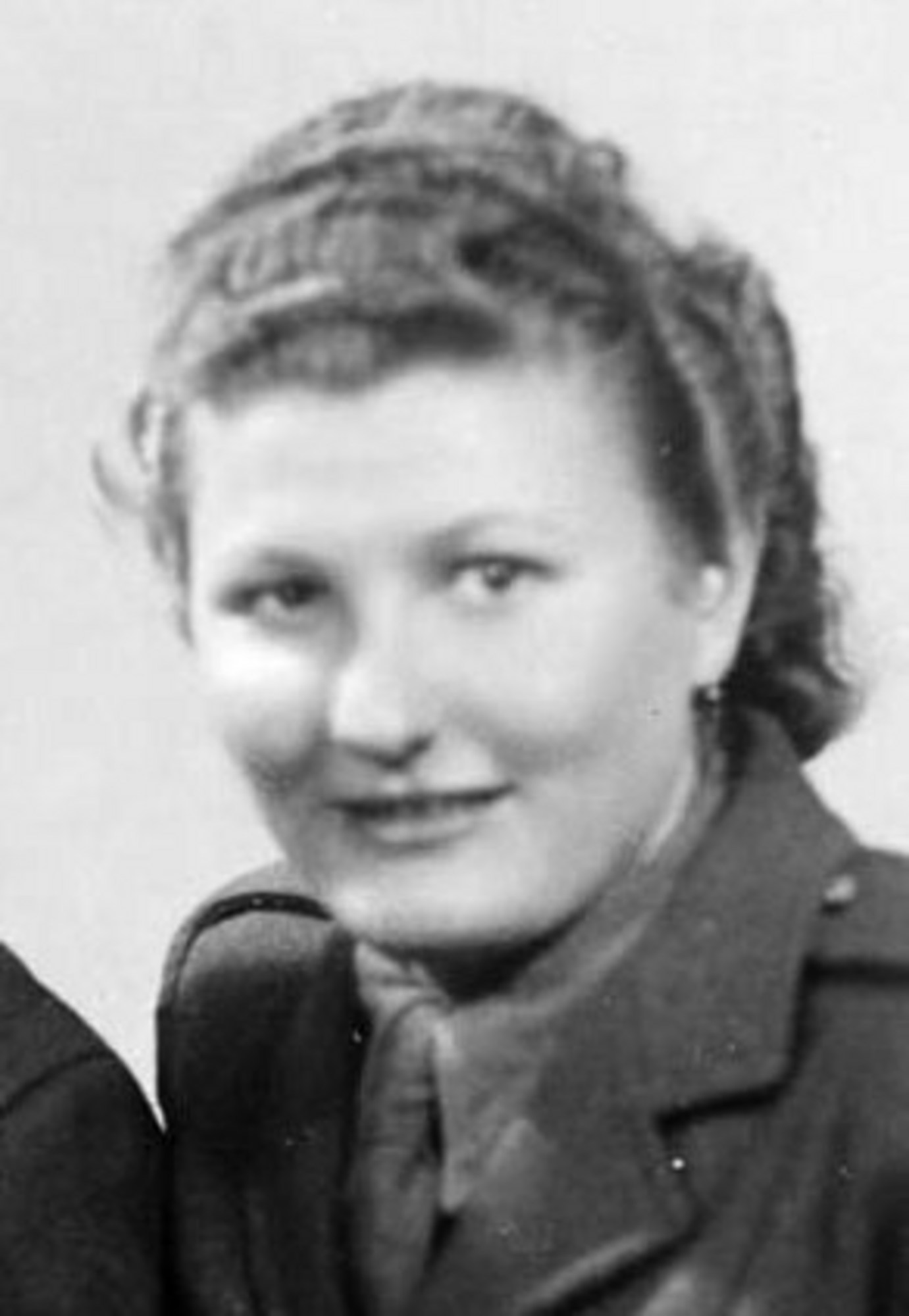„All our family fought for the republic, but on top of that they imprisoned us after the war-„
Mrs. Emilie Kyselová was born to František and Zdeňka Kozák in Staré Teremno in the Volyně region. In 1944, her father was the first one to join the army; Emilie followed him on her own will two months later. Soon the whole family joined the army. Emilie served in the artillery division; her unit fought at Krosno, Jaslo, Dukla and Liptovský Mikuláš, and later arrived to Prague. After the war the entire family was demobilized in September and they moved to the Znojmo region. Mrs. Kyselová has been living there till today.





